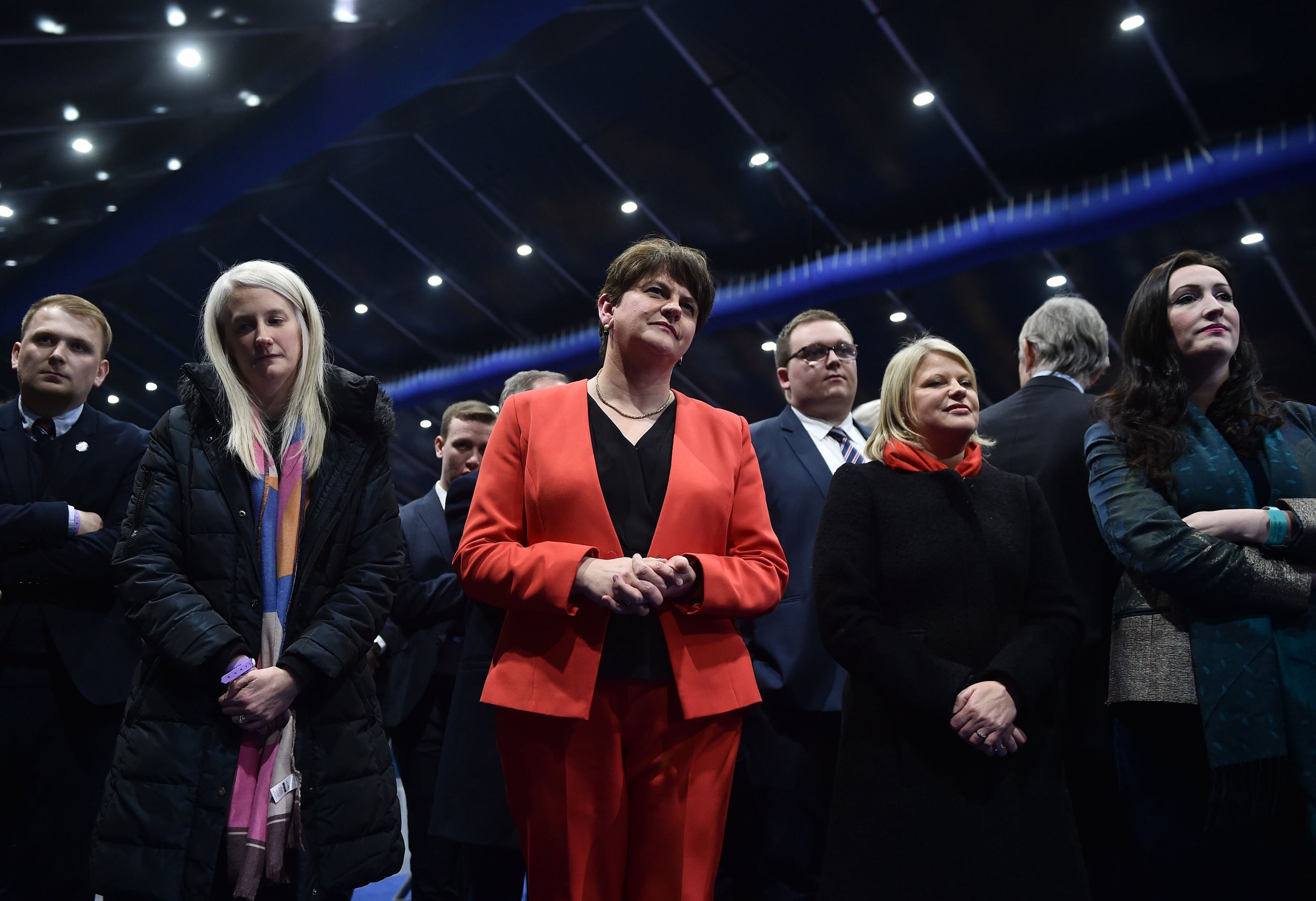Why was the Northern Ireland government suspended – and why has it now been restored?
For the past three years, both main parties calculated that it was in their interest to appear unyielding. But that approach has done neither of them much good, says John Rentoul


One of Tony Blair’s historic achievements was to secure the Belfast Agreement in 1998 that allowed Northern Ireland to govern itself and put an end to decades of sectarian violence.
It took another nine years of negotiations for the institutions of devolved government finally to start work in 2007: a remarkable partnership between Sinn Fein, which wants a united Ireland, and the Democratic Unionist Party, the fiercest defenders of Northern Ireland as part of the UK.
That partnership was hard to maintain, and the Northern Ireland executive was dissolved three years ago in a dispute between the two parties following the “cash-for-ash” scandal of misused subsidies for a renewable energy scheme.
Arlene Foster, the leader of the DUP, had been environment minister when the scheme started, and Sinn Fein demanded her resignation as first minister. But the dispute widened to take in the status of the Irish language and the use of a device called a “petition of concern”, designed to give both sides in the Northern Ireland assembly – unionists and nationalists – a veto over contentious proposals.
Those disagreements have finally been resolved. Foster survives as first minister, but Sinn Fein has gained legal recognition of the Irish language and restrictions on the DUP’s ability to use petitions of concern to block changes.
So why has it taken three years to do the deal? Partly it is because politics in Northern Ireland is hard. Foster was on a school bus as a teenager that was blown up by the IRA, Sinn Fein’s military wing; while Sinn Fein’s leaders feel they have paid a heavy price in postponing their goal of a united Ireland.
But also because for the past three years both parties calculated that it was in their interest to appear unyielding. They wanted to impress their supporters that they were standing up to the other side.
But that approach has done neither of them much good. At the election last month they both lost ground. Sinn Fein retained seven MPs, but its rivals on the nationalist side, the SDLP, gained two, while the DUP lost two seats, including that of Nigel Dodds, its Westminster leader, and the “plague on both your houses”, cross-community Alliance Party gained one.
So it turned out that the threat by Julian Smith, the underestimated Northern Ireland secretary, to force new elections to the assembly if there was no agreement by Monday did the trick. Neither Sinn Fein nor the DUP wanted to risk losing seats to parties taking a more flexible approach.
So the devolved government is up and running again, with Foster back as first minister, and Michelle O’Neill of Sinn Fein as her deputy.
Join our commenting forum
Join thought-provoking conversations, follow other Independent readers and see their replies
Comments